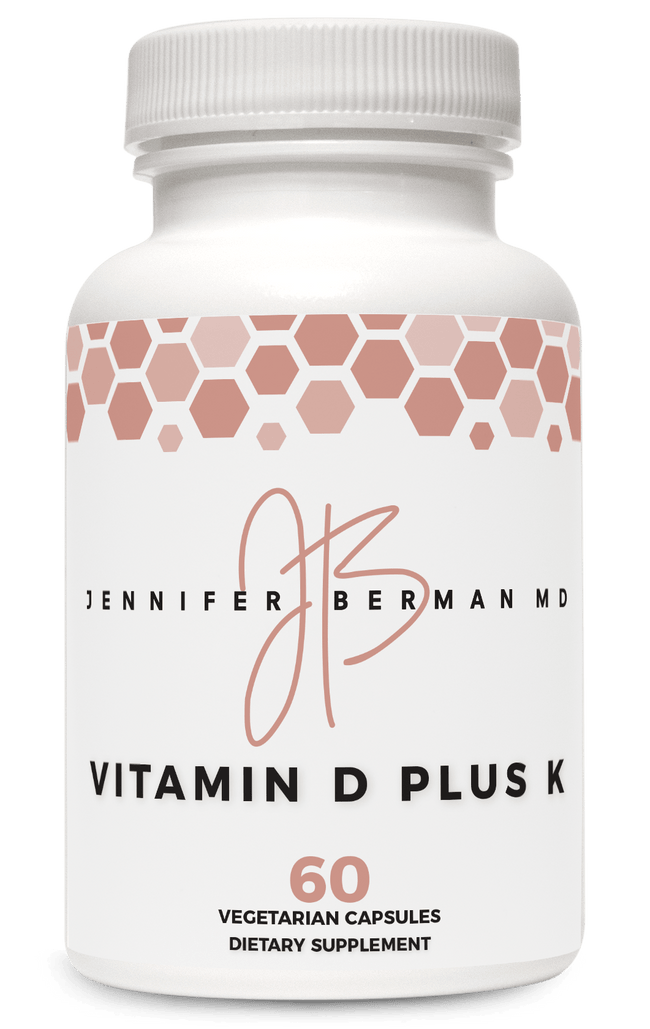Vitamin D Plus K 60c
$60.00
You Save: (%)
This product was viewed 9 times within last hour
Hurry Up! Left in stock
Order in the next to get it by Tue, Dec 30, 2025
Availability: In stock
24/7 Support
Use promocode SexDoc to get 15% discount!
Fast Shipping
Vitamin D and K combined to supplement one another perfectly.


























